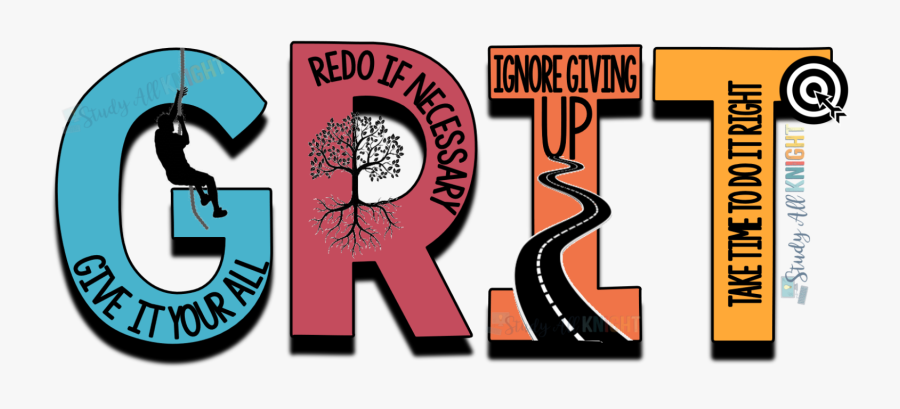One thing is for sure, that our children do not need more tests, more assignments and certainly not more homework. I know this sounds crazy. You are probably thinking, Wait, I need to give them more work to keep them busy! But with the current wave of panic flooding our homes, have we taken the time to stop and reflect on what it is that really matters during these uncertain times? Are we really providing our children with what is most crucial in their growth and development? Are we modeling for them how to deal with difficult situations and more so, how to move forward?
Currently, more researchers, psychologists, and educators are recognizing the significance of addressing our children’s mental health. Providing them with the right strategies to stay mentally strong is foundational for their growth and development. Moreover, it is critical that we, as parents and educators, prepare them to deal with such events by providing them with the right skill sets.
Angela Duckworth shares that after being a classroom teacher for some time, she realized that schools are not measuring what matters in the real world. She believes that we need to make better decisions in our school systems and we need to rethink the way we measure student capabilities. By defining academic success through a series of test scores, we are essentially limiting the child’s potential to the findings of standardized testing. We fail to address the whole child and the skills needed to be successful in the real world. Maslow argued that the primary goal of educators should be to move students towards self-actualization and not simply to indoctrinate them with a body of facts…without regard to ethics or values.
What we need from our students is insight as to what drives their motivation to learn. As educators, we should be putting forth more effort into seeing who is successful, and why. We need to look for qualities that reflect success in individuals.
The one thing that can be measured in schools is our IQ, but what if what we learn in life is more than what we can learn quickly and easily? What if what we need to measure is something that takes time and perseverance?
How can we build a measuring system that monitors, or in fact measures, grit in people? How do we teach our students a solid work ethic? How do we teach them to stay motivated for long periods of time? These are the kinds of questions that we as educators and parents need to be asking ourselves, not whether your child or student was able to score high on their assessments. How many times have situations in life presented themselves in which our test scores were key to solving those problems?
Building grit in kids is building a growth mindset. Children need to understand that the ability to learn is not fixed. When kids learn about how the brain changes, reacts, and grows in response to challenges, they are much more likely to persevere when they fail because they don’t believe that failure is a permanent condition.
Duckworth states that we need to take our best ideas, our strongest intuitions, and put them to test. We need to measure whatever we’ve been successful in and we have to be willing to fail and start over.
People who succeed in life are the ones that have failed the most. We are not born hard-wired. We may start off not knowing anything, but our brains are set up with the ability to learn and adapt. This ability does not stop until the day we die. Therefore, equating success to the scores on annual standardized assessments is naive and false. It neglects the most crucial factor, and that is, grit. Children are able to maintain a motivated work ethic when they are left to drive their learning forward independently through passion and curiosity.


Recent Comments